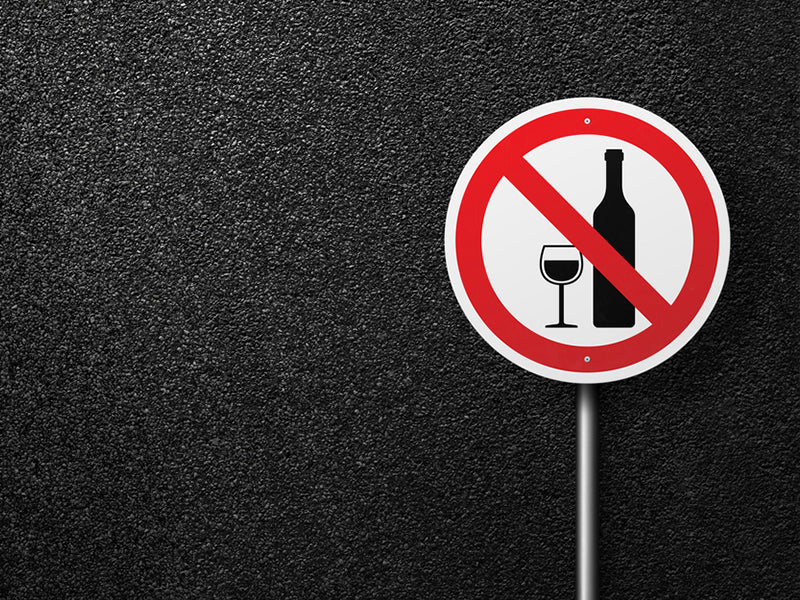January is a grim month. Especially if you live in the United Kingdom. You still suffer from the dark and the cold, without the warmth and brightness of Christmas niceties. All that is left from Christmas is the price to pay, whether that be the financial cost, the hangover, or the extra weight you’ve gained from overindulging.
The temptation to make radical changes after a period of abnormal indulgence is obvious. Especially with the addition of the cultural norm that is a ‘New Year’s resolution’. So, each year, many of us swing from one extreme to another. From entire tubs of quality street to intermittent fasting. From borderline alcoholism to dry January sobriety. But extremes are by nature unsustainable, or by definition ‘not usual, exceptional’.
In simple terms, those who set extreme New Year’s resolutions set themselves up to fail by setting unrealistic expectations. With that failure comes a negative impact on self-esteem. So is it really worth it, and how can you create true sustainable methods of self-improvement?
Let’s take dry January as an example. Whilst not drinking alcohol for a month is proven to have many health benefits in the short term, it’s unlikely to make any difference in the long term if you regress to previous habits. If you are concerned about the affect that alcohol is having on your health, you’d be much better trying to moderate your drinking for the rest of your life. That means breaking or changing existing long-term habits – perhaps not drinking at home, or reducing binge drinking from every week to every other week.
Another popular New Year’s resolution relates to dieting in some capacity. The popularity of January dieting fuels the endless conveyor belt of vacuous celebrity weight loss programmes. The mistake that so many of us are making with this approach to dieting is again tied into its extreme nature. If you are reading this and are currently fasting or not eating carbohydrates, you might as well stop now – it can not be sustained forever.
Once again, smaller changes are the key to achieving your goals. Make one meal a day smaller. Walk a regular journey that you usually drive. These small changes may have a small impact but create a bigger net benefit when sustained over time in comparison to short, extreme changes.
Furthermore, you can achieve large scale self-improvement by compounding small, sustainable changes over time. Using weight loss as an example; this month you might prepare slightly smaller lunches. Next month you will continue with your lunches and also replace your afternoon snack with something healthier. What was once a sacrifice becomes your norm, and those sacrifices compound to create revolutionary change. It’s death by a thousand cuts to your previous way of being.
It is this approach to self-improvement that helped me to shift 3 stone over the past 2 years, and I hope it can help you too. If you’re currently on a weird internet diet, or a month long drinking ban, it’s time to knock it on the head in the name of something more achievable.
If you enjoyed this blog, please register for email updates from Club Ten. As well as receiving these blogs straight to your inbox, we'll send you exclusive promotions, including 25% off your next order after registration.

